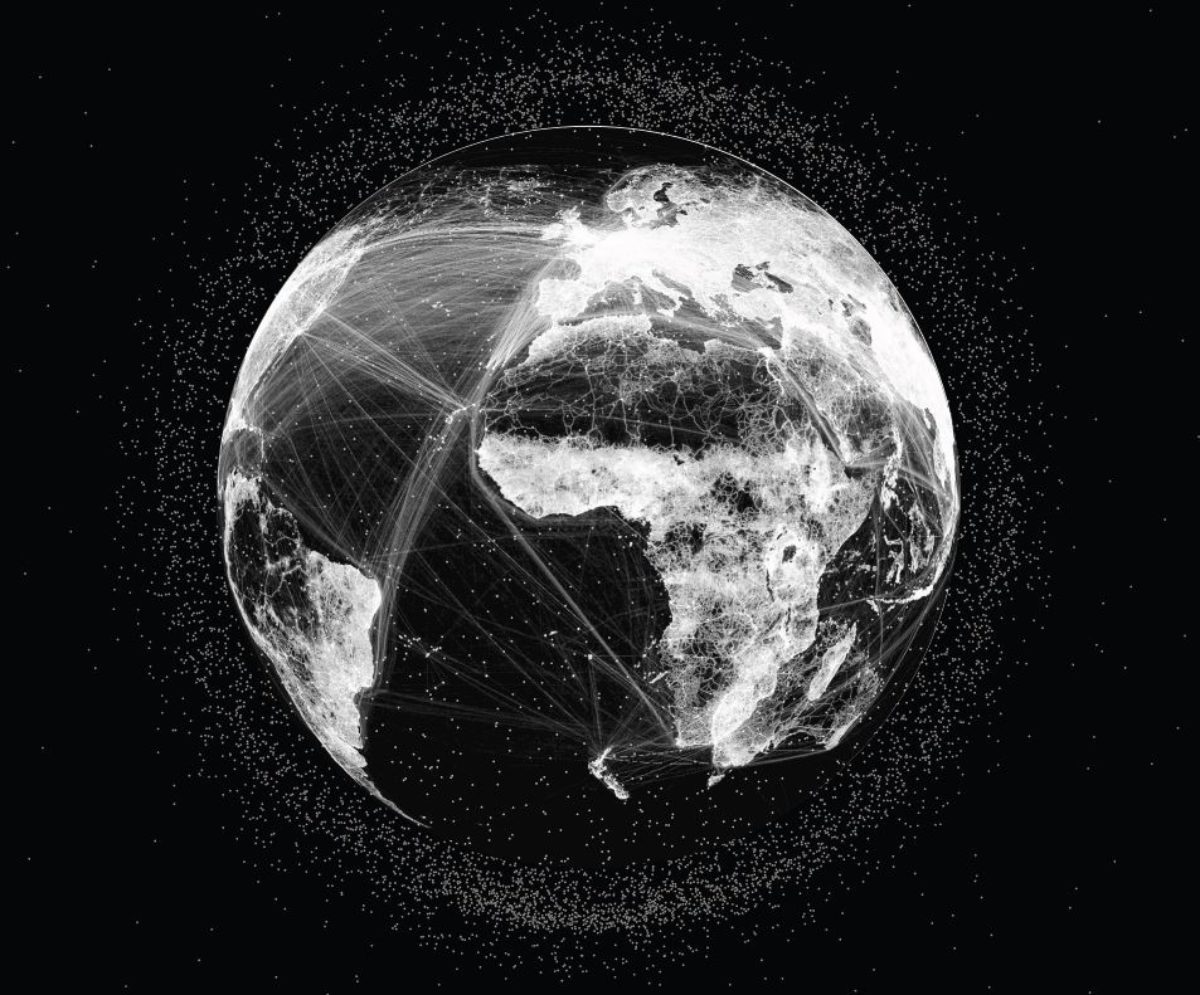Urban Theory Lab

In the early 1970s, Henri Lefebvre put forward the radical hypothesis of the complete urbanization of society. This required, in his view, a radical shift from the analysis of urban form to the investigation of urbanization processes. The Urban Theory Lab-GSD builds upon Lefebvre’s approach to investigate emergent sociospatial formations under early twenty-first century capitalism.
Our research starts from the proposition that inherited frameworks of urban knowledge must be radically reinvented to illuminate emergent forms of twenty-first century urbanization. In contrast to the urban/suburban/rural distinction that has long underpinned the major traditions of urban research, data collection and cartographic practice, we argue that the urban today represents a worldwide condition in which all political-economic and socio-environmental relations are enmeshed, regardless of terrestrial location or morphological configuration. This emergent condition of planetary urbanization means, paradoxically, that even spaces that lie well beyond the traditional centers of agglomeration—from worldwide shipping lanes, transportation networks and communications infrastructures to resource extraction sites, alpine and coastal tourist enclaves, offshore financial centers, agro-industrial catchment zones, and erstwhile “natural” spaces such as the world’s oceans, deserts, jungles, mountain ranges, tundra and atmosphere—are becoming integral to a worldwide operational landscape for (capitalist) urbanization processes.
Through a conceptual distinction between concentrated urbanization (agglomeration) and extended urbanization (operational landscapes)—developed in collaboration with Prof. Christian Schmid of the ETH-Zurich—we aim to investigate the historical geographies of the capitalist urban-industrial fabric in ways that supersede inherited metageographical binarisms while opening up new sociological, cartographic and political perspectives on the contemporary global-urban condition. Our work combines conceptual and representational experimentation, theory-driven research and research-based pedagogy, as well as various forms of outreach and events programming within the Harvard-GSD community and at scholarly conferences and workshops around the world.
Selected publications
Neil Brenner and Christian Schmid. “Towards a new epistemology of the urban?” CITY. 19(2-3), 2015. 151-182.
Neil Brenner (editor), Implosions/Explosions: Towards a Study of Planetary Urbanization. Berlin: Jovis, 2014.
Hillary Angelo and David Wachsmuth. “Urbanizing Urban Political Ecology: A Critique of Methodological Cityism.” International Journal of Urban and Regional Research. 39(1), 2015. 16-27.
Daniel Ibañez and Nikos Katsikis (editors). New Geographies 6: Grounding Metabolism. Cambridge: Harvard University Press, 2014.
Neil Brenner. “Open city or right to the city?” TOPOS: The International Review of Landscape Architecture and Urban Design. 85, 2013. 42-45.
Principal Investigator
Professor Neil Brenner
Collaborator(s)
Professor Christian Schmid, ETH-Zurich